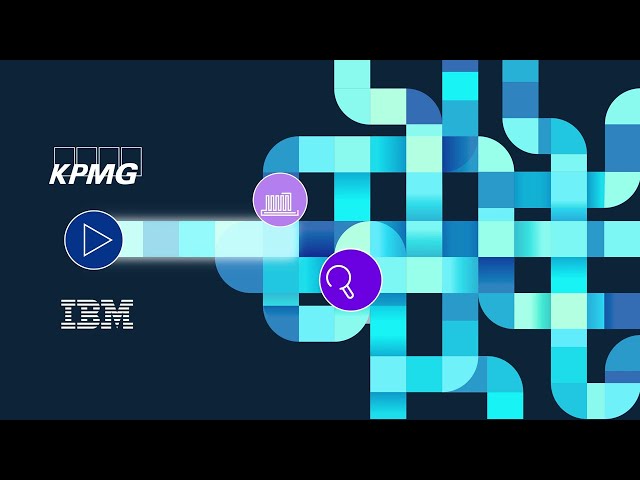Today’s leading organizations are implementing cloud Enterprise Resource Planning (ERP) platforms that are helping to transform their business. Accelerating Tax to the forefront of the transformation can be instrumental in driving significantly more value throughout the enterprise.
Since Tax is one of the largest users of financial data within an organization, Tax should be engaged early in the project to help ensure access to the right financial data to optimize tax processes and offer opportunities for greater agility and user experience across the tax function. This greatly enhances the ability for the tax function to identify tax planning strategies that are fully aligned with the transformative business initiatives driven by the implementation. Additionally, it can significantly enhance the after-tax cash flows of the organization and potentially serve as a funding source for the ERP project and other transformational initiatives.
Teaming with KPMG and IBM can help an organization’s tax function by improving efficiencies and cost savings, enhancing business outcomes, and generating better user experiences during and after the implementation. Furthermore, KPMG and IBM can help the organization unlock value across the business in a manner that, when designed and implemented through an integrated business and tax lens, can deliver enhanced ETR and after-tax cash flows.
KPMG and IBM are ready to help your organization include Tax throughout your ERP project. Doing so may help offset project costs and improve return on investment (ROI) of the entire transformation while helping you gain lasting, long-term tax value.
Transcript
When your organization adopts a strategic initiative—whether cloud migration or transforming finance—you may pursue a new ERP system to get there. However, don’t overlook the value of tax optimizations and cash tax savings across your enterprise operations. As you plan your business and finance transformation, bring the opportunity to look beyond compliance by infusing direct and indirect tax design into the process and establishing approaches to deliver significant incremental value and after-tax cash flow benefits.
KPMG, along with IBM, can incorporate tax requirements and identify opportunities to help you generate tax efficiencies and cash savings in your ERP implementation.
A comprehensive assessment of the Tax implications of an ERP transformation can help you attain:
- Improved accuracy and optimized user experiences
- Increased tax and financial efficiencies and results through better insights
- Reduced financial close cycles
- Improved tax planning and analytics
- Maximized federal, state, local and international tax incentives and credits
- Enhanced tax provision and compliance processes in today’s dynamic regulatory environment
- Reduced costs associated with trade and customs taxes
- And, establishment of the right Trading Tax mechanism to optimize the way in which you apply your inter-company trading approaches
Including Tax upfront in your ERP implementation has important implications for your entire business, including the cash tax savings you can use to help fund your transformation.
KPMG tax insights… joined with IBM’s ERP solutions expertise… can optimize your Tax and enterprise functions and increase your return on investment from your ERP transformation. Let us help you achieve your desired business outcomes and gain long-term tax value that lasts.




